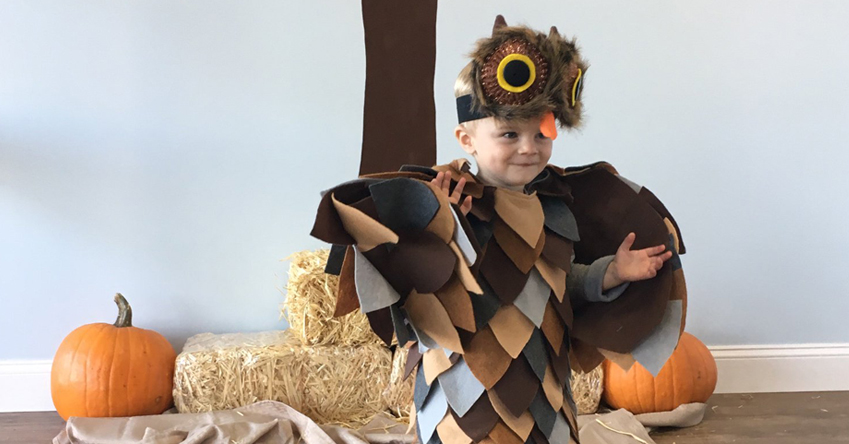When babies play they are learning. They benefit from such simple acts as cooing, clapping and the silly faces you make to make them laugh.
But there’s a more important factor at work. A baby explores and makes sense of the world around him through play. In fact, research has shown that play impacts everything from physical abilities and vocabulary to problem solving, creativity, teamwork and empathy.
So what does play look like? With babies, it’s something as simple as grasping an object and holding on to it or talking to them in exaggerated voices. We all do it, but more importantly it’s what they need. A recent study out of the University of Paris found that babies learn better when they are laughing. It’s a sign that they are enjoying the interaction with an adult.
Of course play is important at other ages, too. As a toddler, your child may begin to arrange blocks or toy cars, which eventually turns into sorting and classifying them. This allows the child to develop thinking, reasoning and problem-solving skills.
Next time you find yourself playing peekaboo with your baby, hiding your face behind your hands and surprising them with a funny face, know that you’re encouraging their cognitive development. Parents should encourage all types of play and don’t forget to join in on the fun. You may think you look silly, but you are expanding your child’s learning.
Ofelia Gonzalez is public information officer at First Things First.



